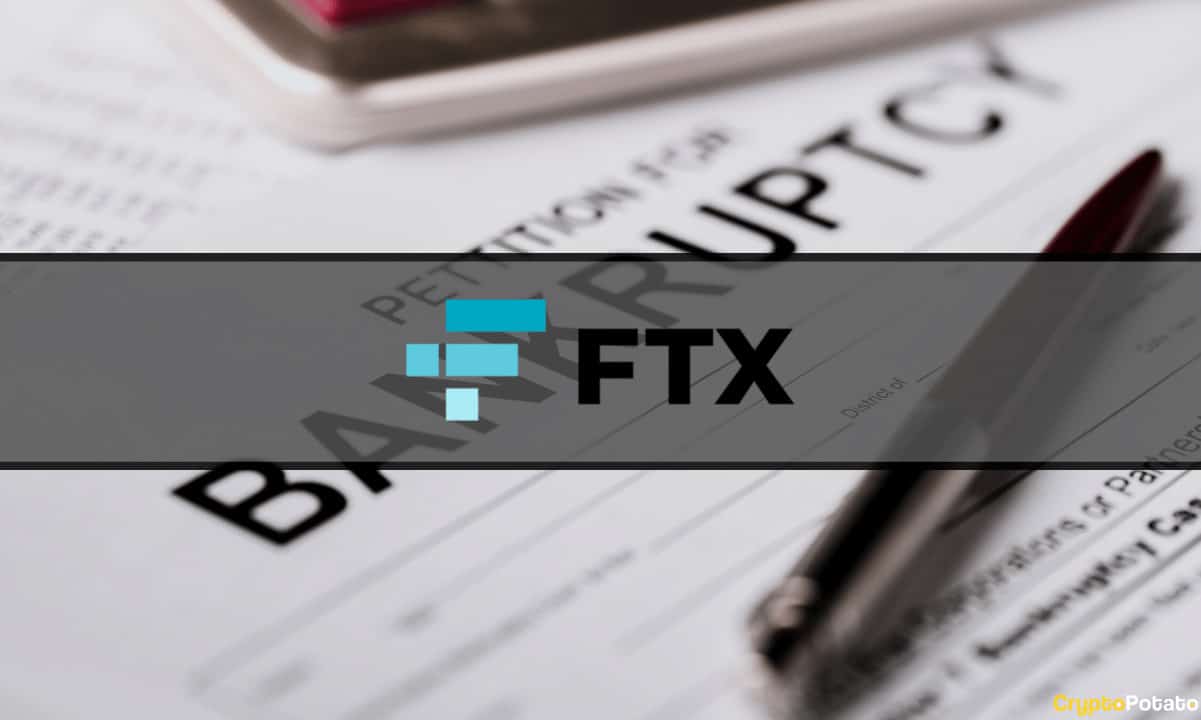European Watchdogs Warn Users: Crypto-Assets Are Highly Risky and Speculative
The European Supervisory Authorities – the European Banking Authority (EBA), the European Securities and Markets Authority (ESMA), the European Insurance and Occupational Pensions Authority (EIOPA) – issued a warning to investors about cryptocurrencies, deeming the asset class as “highly risky and speculative” in nature.
The ESAs Ask Consumers to Make Informed Decisions
The warning comes amidst increasing consumer activity and interest in crypto-assets, as well as the aggressive promotion and associated products to the public, including through social media.
The ESA stated that cryptocurrencies are not suited as an investment or a means of payment or exchange for most retail consumers. It said investors face the possibility of losing all their money upon purchasing these assets while urging consumers to be alert to the risks of misleading advertisements and get-rich schemes.
“The ESAs also warn consumers that they should be aware of the lack of recourse or protection available to them, as crypto-assets and related products and services typically fall outside existing protection under current EU financial services rules.”
The financial group also highlighted the ongoing situation in Ukraine. It welcomed clarification by the Council of the European Union to ensure the proper implementation of sanctions imposed by the Western countries and its allies on “Russian and Belarusian entities and individuals as regards crypto-assets.”
Mining Woes
The ESAs also reiterated the debate on growing concerns about the excessive energy demands of proof-of-work coins such as Bitcoin and Ether and stated that consumers should be wary of the environmental repercussions.
CryptoPotato recently reported that the European Union voted against banning the use and mining of PoW-based digital assets. This was after the EU developed a framework – Markets in Crypto Assets (MiCA) – that added a controversial statement seeking the de facto ban of PoW cryptocurrencies.
The vote was initially slated for February this year but was delayed due to the Russian invasion. Reports stated that 32 voted against the outright ban while 24 members were in favor. Subsequently, the proposition was dropped.
MicroStrategy CEO and Bitcoin advocate Michael Saylor earlier called the potential Bitcoin ban a “trillion-dollar” mistake. While welcoming productive regulations, the exec said Bitcoin is the “most cost-efficient method we have yet discovered for converting energy into prosperity.”
Featured Image Courtesy of Al Arabiya









